Back to Blog
HCP Marketing
Featured
Revolutionizing HCP Engagement Through Personalized Marketing
Leveraging data analytics and behavioral insights to create meaningful connections with healthcare professionals in the digital age.
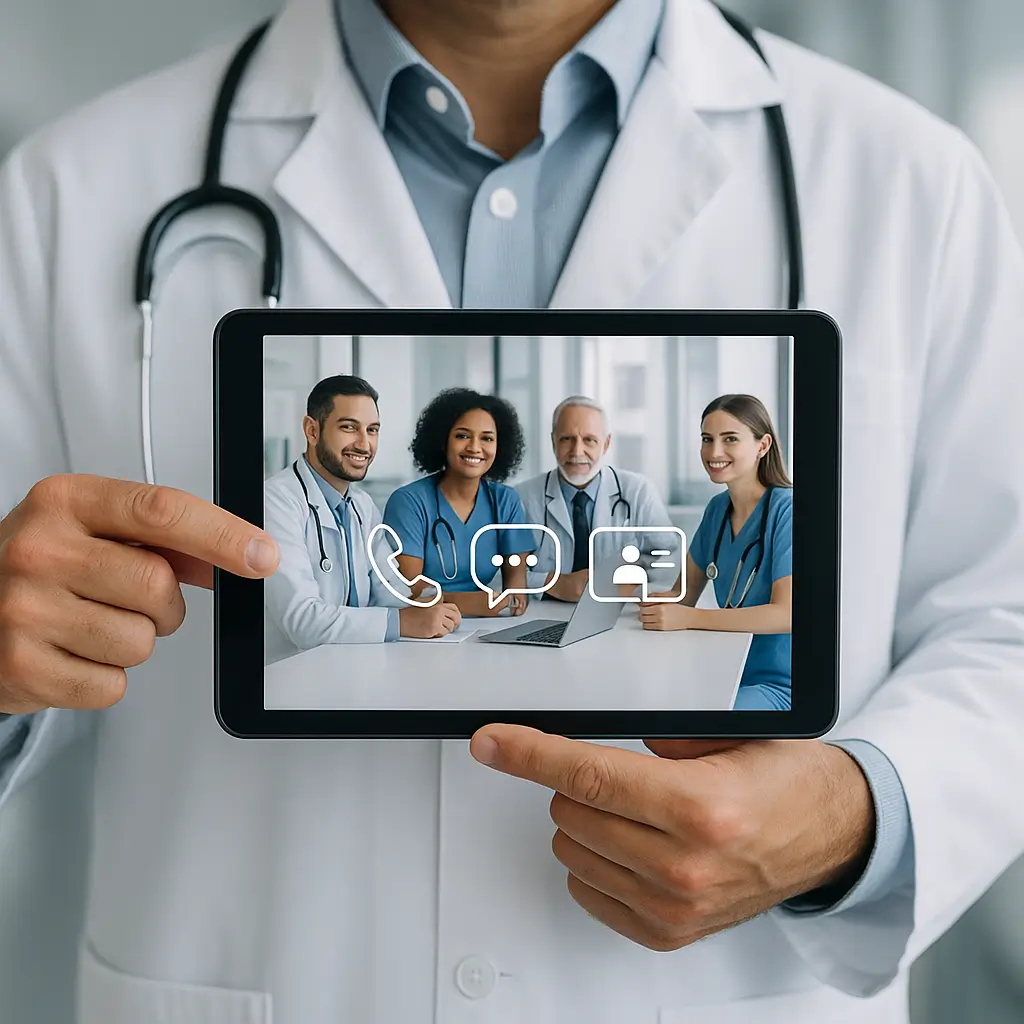
Revolutionizing HCP Engagement Through Personalized Marketing
Leveraging data analytics and behavioral insights to create meaningful connections with healthcare professionals in the digital age, transforming traditional marketing approaches through personalized, evidence-based strategies that resonate with modern HCP preferences and needs.
The Evolution of HCP Marketing
Healthcare professional (HCP) marketing has undergone a fundamental transformation in recent years. Traditional one-size-fits-all approaches are being replaced by sophisticated, data-driven strategies that recognize the unique needs, preferences, and behaviors of individual healthcare professionals across different specialties and practice settings.
Understanding HCP Behavioral Patterns
Successful personalized marketing begins with deep understanding of how healthcare professionals consume information, make decisions, and prefer to engage with pharmaceutical and medical device companies. Recent research reveals distinct patterns in HCP behavior that inform effective marketing strategies.
Digital Engagement Preferences
Mobile-first consumption. Over 70% of HCPs access professional content via mobile devices Micro-learning preferences. Short, focused content performs significantly better than lengthy materials Peer validation importance. Recommendations from colleagues carry more weight than traditional advertising Evidence-based decision making. Clinical data and real-world evidence are primary drivers
Data-Driven Personalization Strategies
Behavioral Segmentation
Modern HCP marketing relies on sophisticated segmentation that goes beyond traditional demographics to include: Prescription patterns and therapeutic area focus. Digital engagement history and content preferences. Professional development interests and career stage. Geographic practice patterns and local market dynamics.
Real-Time Adaptability
Personalized marketing systems adapt in real-time based on HCP interactions, continuously refining message delivery, timing, and channel selection to optimize engagement and response rates.
Multi-Channel Orchestration
Channel Integration
Effective personalized marketing orchestrates multiple touchpoints: Digital platforms. Websites, mobile apps, and social professional networks Medical education. CME programs, webinars, and conference content Direct engagement. Sales rep interactions and advisory board participation Peer networks. KOL relationships and professional community involvement
Message Consistency
While personalizing content, maintaining message consistency across all channels ensures coherent brand experience and builds trust with healthcare professionals.
Advanced Analytics and AI
Predictive Modeling
Machine learning algorithms analyze HCP behavior patterns to predict: Optimal timing for engagement. Most effective content types and formats. Likelihood of response to specific messaging. Future therapeutic area interests and needs.
Performance Optimization
Continuous analytics enable real-time optimization of marketing campaigns, adjusting strategies based on engagement metrics, conversion rates, and HCP feedback.
Compliance and Ethical Considerations
Regulatory Adherence
Personalized HCP marketing must navigate complex regulatory requirements: Data privacy and protection compliance. Promotional material approval processes. Transparency in HCP interactions. Fair balance in medical communications.
Ethical Personalization
Responsible personalization focuses on providing value to HCPs rather than manipulation, ensuring that targeted content serves genuine educational and professional development needs.
Content Personalization Strategies
Dynamic Content Creation
AI-powered systems create personalized content variations that maintain core messaging while adapting to individual HCP preferences: Specialty-specific clinical examples. Relevant patient population data. Local market and formulary information. Preferred communication styles and formats.
Educational Value Focus
Personalized content prioritizes educational value, providing HCPs with: Relevant clinical insights and best practices. Patient case studies and treatment outcomes. Latest research and therapeutic developments. Professional development opportunities.
Measuring Success and ROI
Key Performance Indicators
Personalized HCP marketing success is measured through: Engagement rate improvements across all touchpoints. Quality of interactions and depth of engagement. Brand perception and trust metrics. Prescription behavior and market share impact.
Long-term Relationship Building
Success metrics focus on relationship quality rather than short-term transactions, emphasizing trust-building, educational value delivery, and sustained professional engagement.
Technology Infrastructure
CRM Integration
Advanced customer relationship management systems integrate multiple data sources to create comprehensive HCP profiles that inform personalization strategies.
Marketing Automation
Sophisticated automation platforms enable scalable personalization while maintaining the human touch that healthcare professionals value in their professional relationships.
Future Trends and Innovations
Emerging Technologies
Virtual and augmented reality for immersive educational experiences. Natural language processing for conversational marketing interfaces. Blockchain for secure and transparent HCP interaction tracking. IoT integration for real-world evidence and personalization data.
Evolving Expectations
As HCPs become more accustomed to personalized experiences in their personal lives, their professional expectations evolve accordingly, demanding more sophisticated and valuable personalized engagement.
Best Practices for Implementation
Gradual Rollout
1. Successful personalized marketing implementation follows a phased approach:
2. Data collection and analysis infrastructure development
3. Pilot programs with specific HCP segments
4. Iterative refinement based on performance and feedback
5. Scaled deployment across broader HCP populations
Continuous Learning
Effective personalization requires ongoing learning and adaptation, incorporating new data sources, technological capabilities, and changing HCP preferences.
"Personalized HCP marketing is not about sending more messages—it's about sending the right message to the right healthcare professional at the right time through the right channel."
The future of HCP engagement lies in creating authentic, valuable, and personalized experiences that respect healthcare professionals' time, expertise, and commitment to patient care while building meaningful long-term relationships.
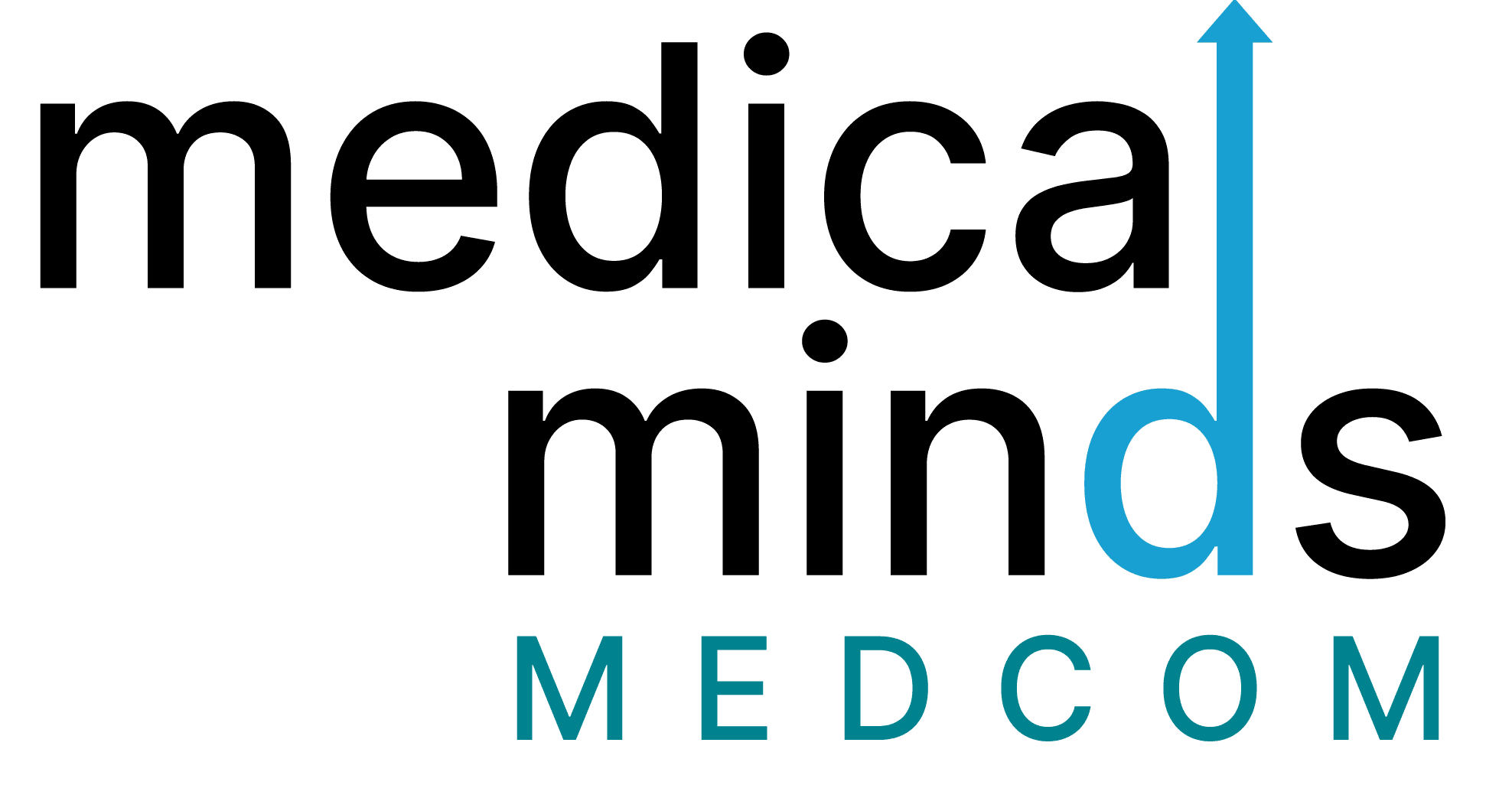



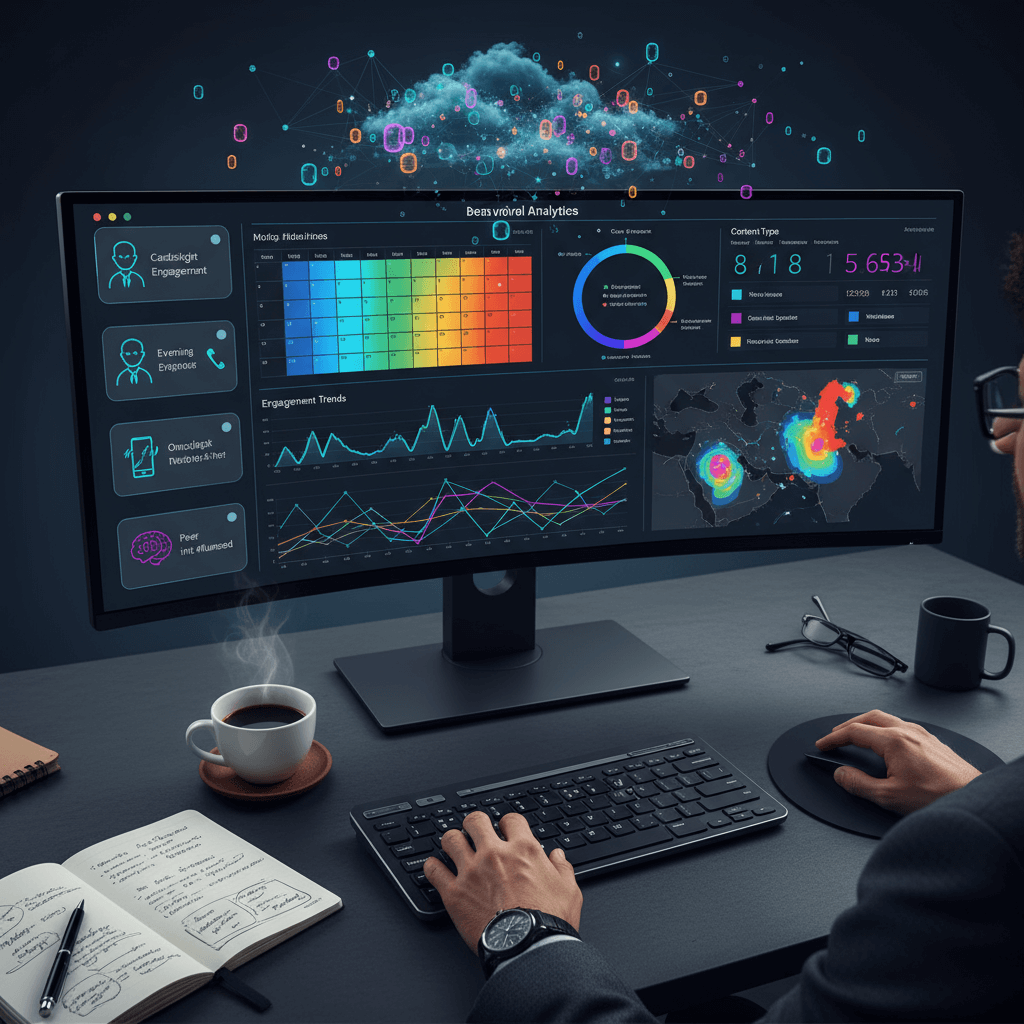
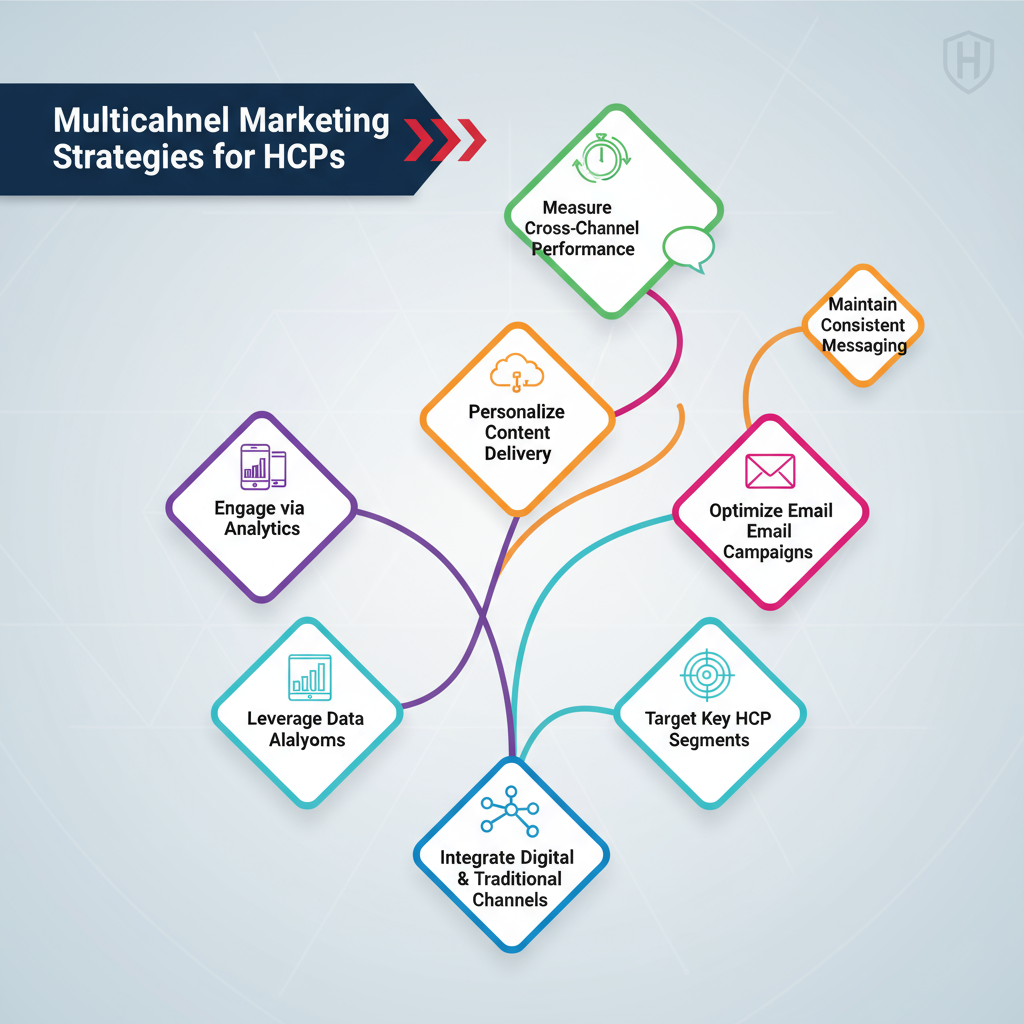

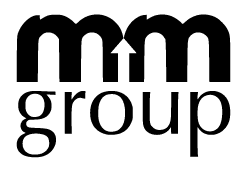
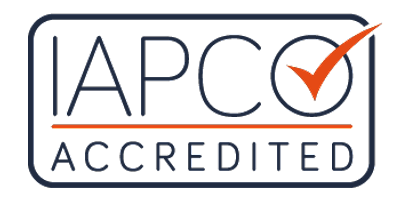
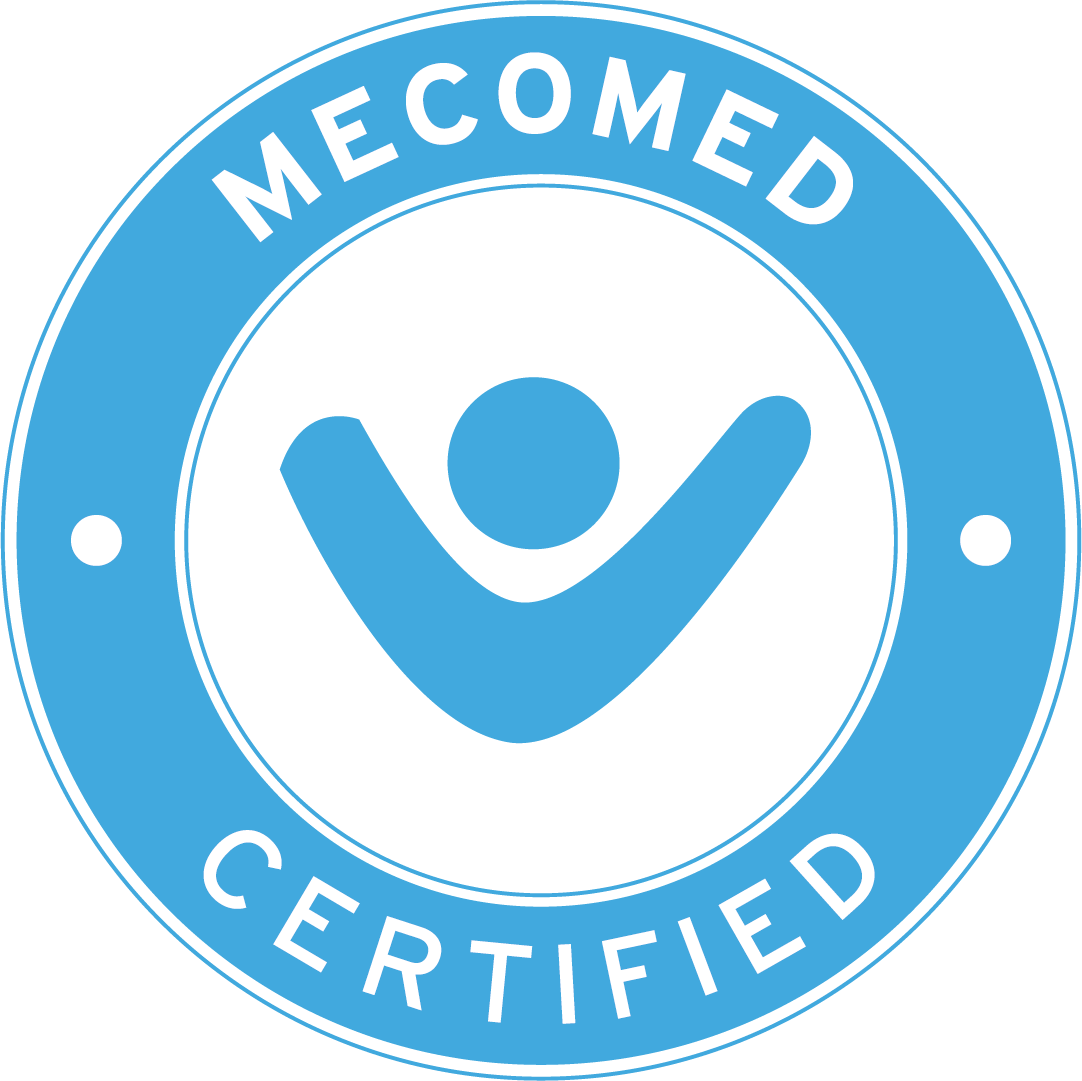
.jpg)